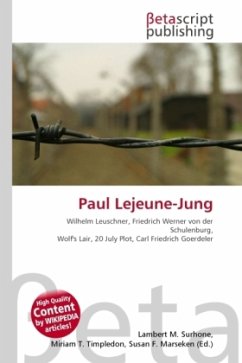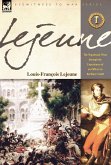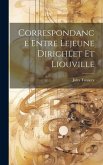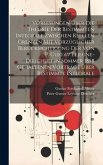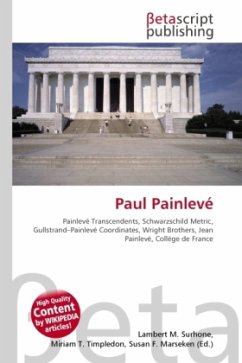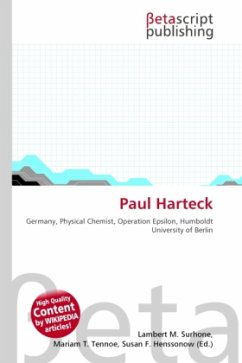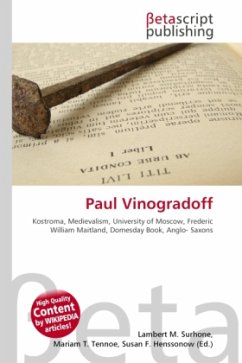High Quality Content by WIKIPEDIA articles! Paul Adolf Franz Lejeune-Jung, (actually Lejeune genannt Jung, meaning called Jung) (16 March 1882 in Cologne ? 8 September 1944 Berlin, executed) was a German economist, politician, syndic in the pulp industry, and resistance fighter against Adolf Hitler's Third Reich. Lejeune-Jung's roots were in an old Huguenot family in Berlin. Forebears had run the Jungsche Apotheke, still owned by the family, where the writer Theodor Fontane, who trained as a pharmacist, once worked. Committed to the Huguenot tradition, the family was French Reformed. Lejeune-Jung's mother, however, a Catholic Rhinelander, had her children christened in the Catholic Church, thereby starting the development of a Catholic twig in an otherwise Protestant family tree. As a captain in the British merchant marine, Paul's father was for years at sea, until after being stationed in Hamburg and Cologne, where his son Paul was born, he settled down in Rathenow an der Havel,where he died in 1889.
Bitte wählen Sie Ihr Anliegen aus.
Rechnungen
Retourenschein anfordern
Bestellstatus
Storno

